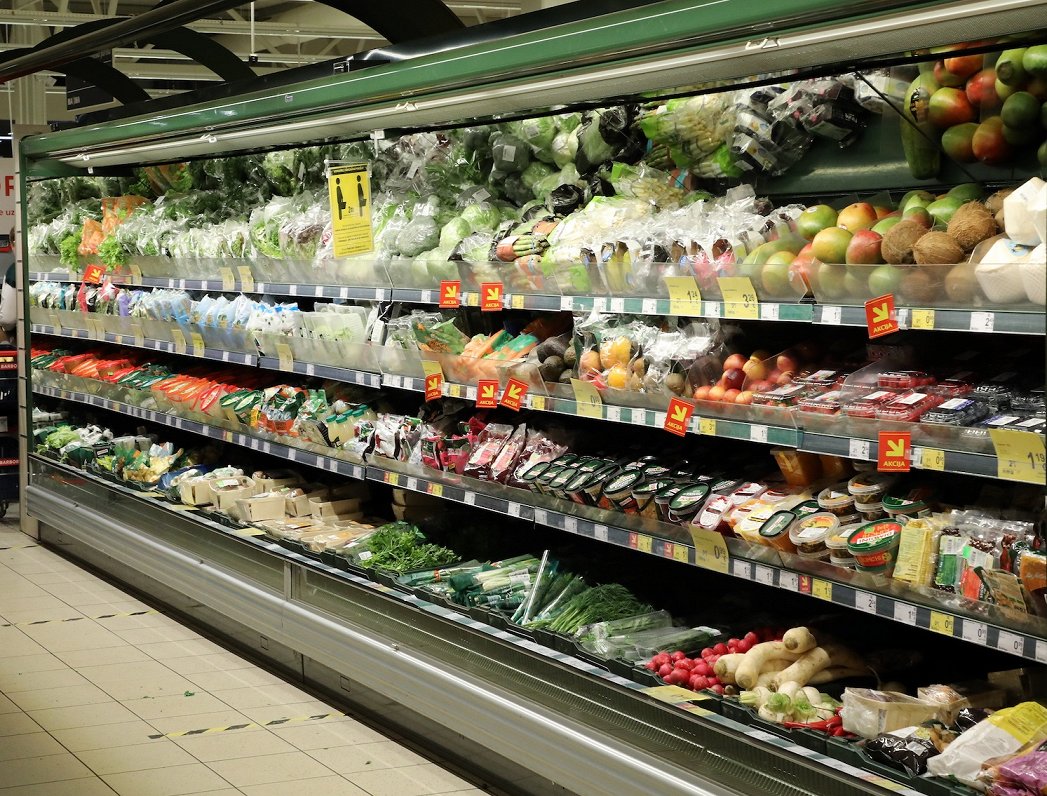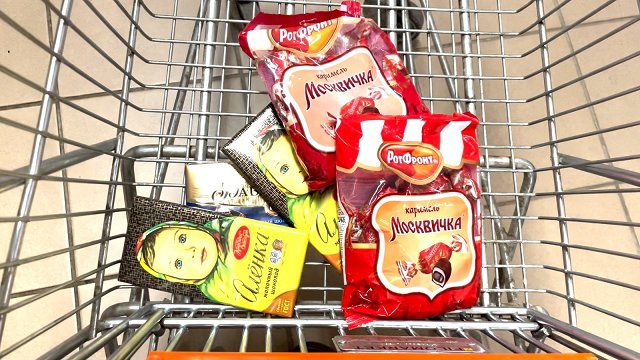Gulbe said that, at the moment, product prices are both rising and falling. For sunflower oil, for example, the price is 47% lower than a year ago. For quite a few dairy products, too, prices have fallen, like butter. Seasonal vegetables, meanwhile, have always been more expensive than last season's vegetables.
Still, food prices have risen by nearly 18% compared to a year ago.
The expert also said that prices in Latvia are influenced by world markets, such as coffee and sugar prices on the global market, which are stable. On the other hand, grain is experiencing a fall in price, so bread has become a little cheaper.
"The question is whether this is the maximum speed at which prices could fall because anyone who wants to sell looks at whether people buy [the product] at such a price or not. If they do, why would they cut the price?"
Gulbe acknowledged that in Latvia, prices for many vegetables and fruit, as well as rice, coffee, sugar, and butter are higher than in other Baltic states. Several "Basic" budget brand products in the “Rimi” shop in Estonia cost three times less than in Latvia.
"Why? We have more gaps between people's incomes. Many have had wage increases, but there is the other part that can't buy even the cheapest rice. The part that can, buys it, and that may be the reason why [the price] won't fall," Gulbe said.
She said that purchasing power was not increasing.
“In terms of money, as much or even more foods have been sold, but volumes in kilograms or liters are smaller. The population's wallet no longer can keep up with such purchasing,” the expert said.
There is also a lack of competition in trade.
“We only have two big chains - Maxima and Rimi. Lidl is a different kind of trade. There is a lack of real competition in Latvia – the prices are the same for these two chains but I can't even find the assortment in the other shops,” Gulbe said.
In her opinion, price cuts have to be more rapid than they are now, but this will happen only if there is pressure from buyers. Gulbe expressed hope that Latvia will not go so far as to regulate prices at the state level.
"We have opportunities to do something with the carrot-or-whip method. Promoting competition […] or small shops should offer opportunities to create more serious competition," Gulbe said.
The expert also called on citizens not to fall for marketing tricks and buy the cheapest products, because there are no such significant differences between them. “Products are not different, they are all high-quality. There is no difference which milk or sugar you buy,” Gulbe said.





























